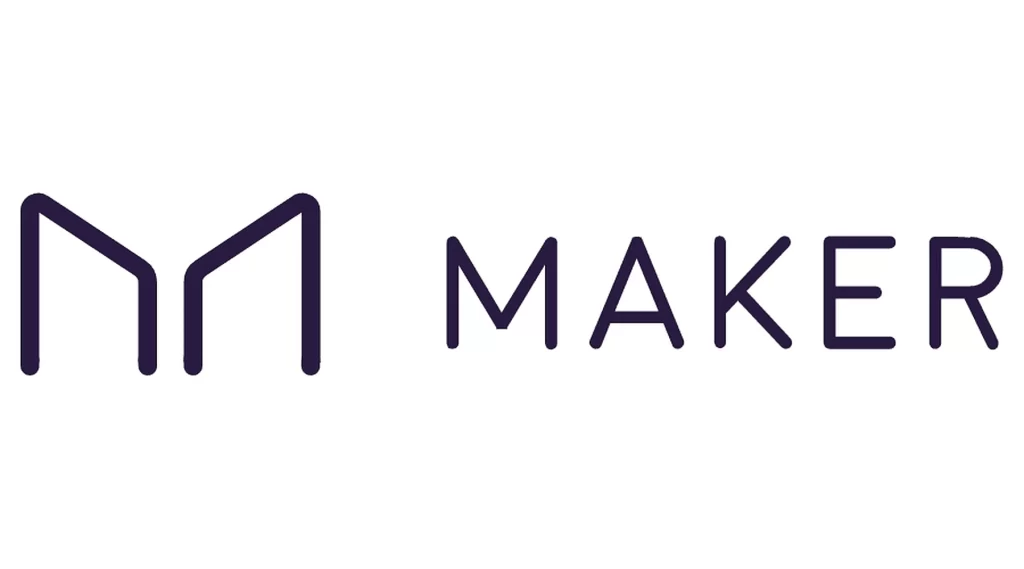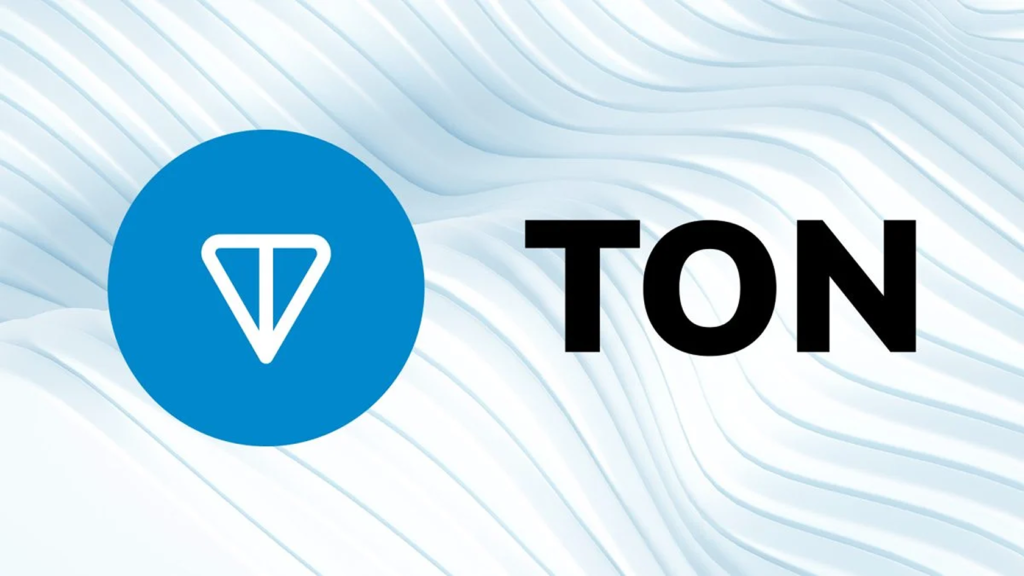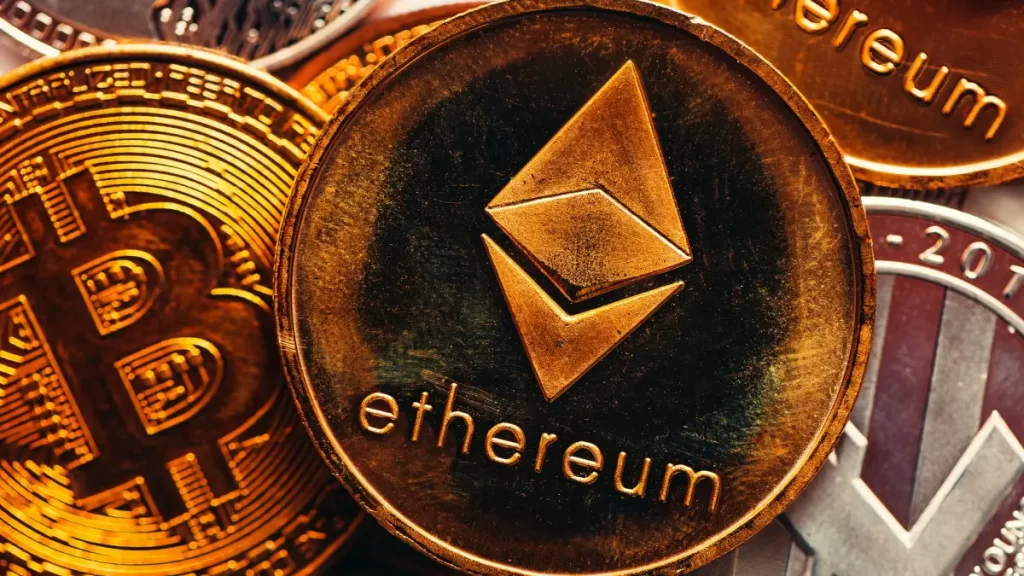Australian crypto company NGS Crypto has rebranded to “Hiddup” amidst an ongoing investigation and legal action by the Australian Securities and Investment.
On June 25, NGS Crypto claimed the rebrand was due to a trademark dispute.
This announcement came during an ASIC case involving about 61 million Australian dollars ($41 million) in interest owed to investors.
In April, the company’s directors, Mark Ten Caten, Brett Mendham, and Ryan Brown, had their assets, along with the firm’s funds, frozen.
Cointelegraph reached out to Hiddup for comments but did not receive an immediate response.
ASIC’s Allegations and Actions
ASIC has initiated a lawsuit against three crypto mining companies linked to NGS: NGS Crypto Pty Ltd, NGS Digital Pty Ltd, and NGS Group Ltd after they collapsed into liquidation.
These companies allegedly targeted Australians to create self-managed superannuation funds, converting these funds into digital assets for investment in blockchain mining packages with promised fixed returns.
ASIC’s preliminary investigation revealed that over 450 Australians invested approximately $41 million through NGS companies.
The financial watchdog claims that NGS companies violated national laws by providing financial services without an Australian financial services license.
As part of the proceedings, ASIC seeks interim and final injunctions to prevent NGS from operating without proper licensing.
READ MORE: TON Blockchain Faces Rising Phishing Threats Amid Explosive 2024 Growth, Experts Warn
In response, the Federal Court appointed advisory and restructuring firm McGrathNicol as receivers to assist creditors in recovering funds.
Additionally, Mendham’s passport has been seized, and authorities continue to search for the missing $41 million.
ASIC is aware of NGS’s rebranding efforts amid the investigation. An ASIC spokeswoman confirmed that they are investigating this matter.
In 2022, superannuation fund NGS Super sued NGS Crypto, accusing it of copyright infringement and misleading investors by implying an association with NGS Super’s funds.
NGS Super clarified that it does not sell cryptocurrency or related products.
NGS Crypto stated that the rebranding to Hiddup was due to this ongoing trademark dispute, aiming to avoid confusion and differentiate the business.
Despite the ongoing legal issues, the company continues to advertise returns ranging from 6 to 16 percent per annum through blockchain mining on its website.
To submit a crypto press release (PR), send an email to sales@cryptointelligence.co.uk.










